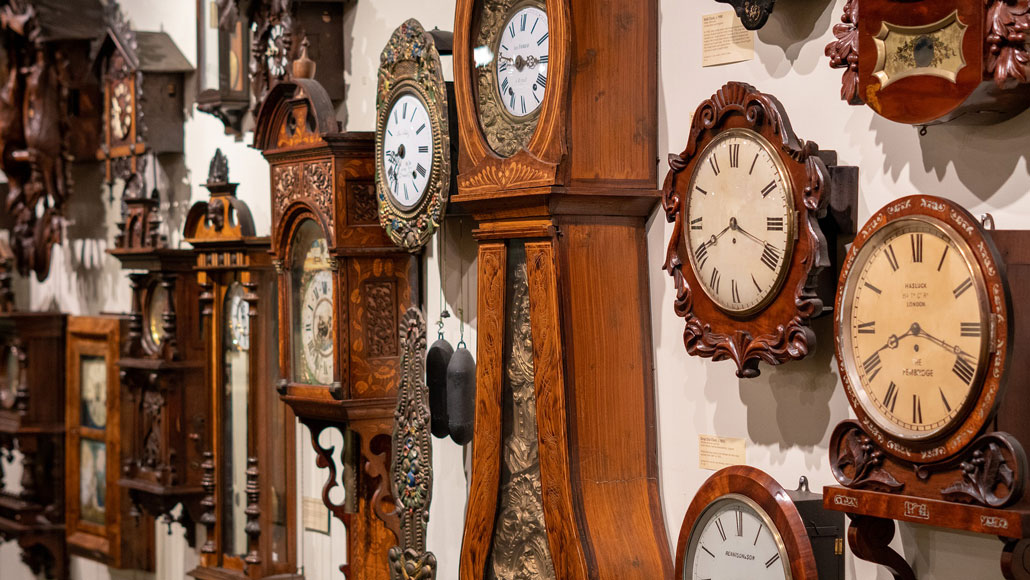Seldom Bucket
Well-Known Member
Today’s most advanced clocks keep time with an incredibly precise rhythm. But a new experiment suggests that clocks’ precision comes at a price: entropy.
Entropy, or disorder, is created each time a clock ticks. Now, scientists have measured the entropy generated by a clock that can be run at varying levels of accuracy. The more accurate the clock’s ticks, the more entropy it emitted, physicists report in a paper accepted to Physical Review X.
“If you want a better clock, you have to pay for it,” says physicist Natalia Ares of the University of Oxford.
Time and entropy are closely intertwined concepts. Entropy is known as the “arrow of time,” because entropy tends to grow as time passes — the universe seems to consistently move from lower entropy to higher entropy (SN: 7/10/15). This march toward increasing entropy explains why some processes can proceed forward in time but not in reverse: It’s easy to mix cream into coffee but exceedingly difficult to separate it again. Machines also increase disorder as they operate, for example by giving off heat that boosts the entropy of their surroundings. That means even a standard, battery-powered clock produces entropy as it ticks.

A clock's accuracy may be tied to the disorder it creates
A clock made from a thin, wiggling membrane releases more entropy, or disorder, as it becomes more accurate.
